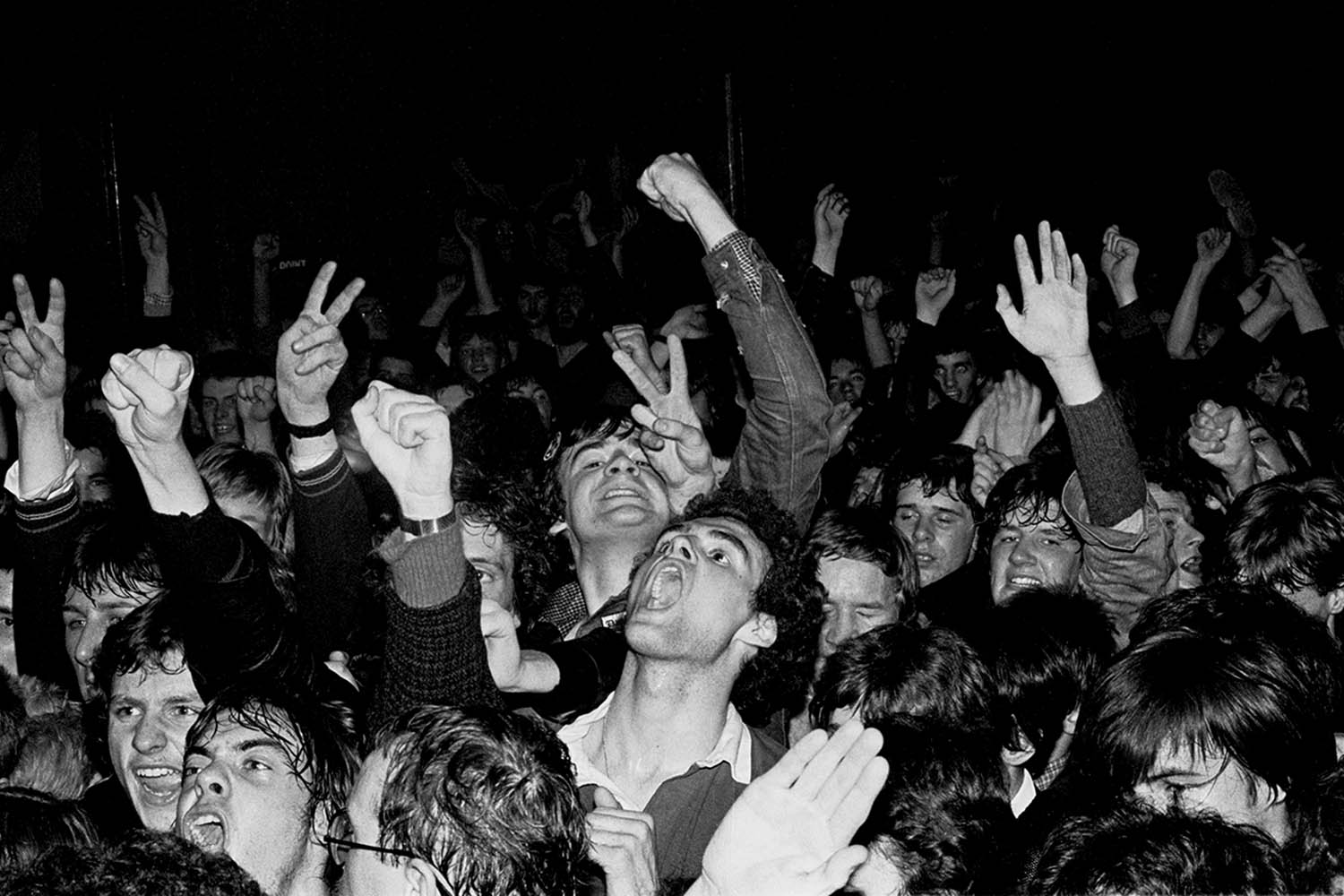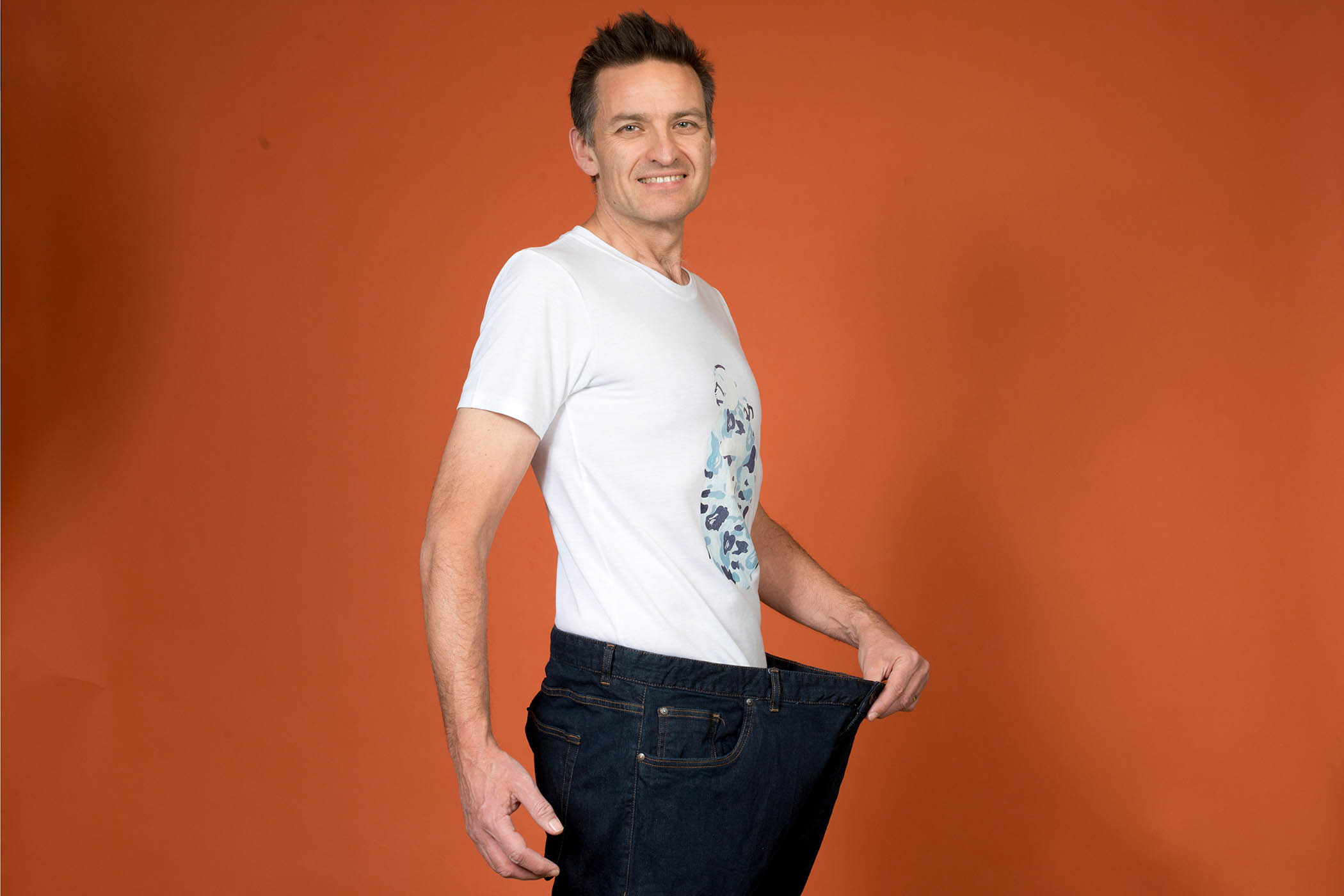I’m probably not the first person to think that the modern world is one giant tangle of paradoxes. The one I’ve been pondering recently is that creeping feeling that as we become more connected we seem to become less so. This digital pit into which we are so merrily tumbling is a wonder, of course; conveniences, short-cuts, commodities, lifestyles, limitless possibility – blah, blah, blah.
But as we plummet into this shiny future, why does life somehow feel more atomised, with everyone adrift and scattered, fractured and lacking common reference points? The more we disappear into our echo chambers and our cultural silos the more we lose touch with everything except our own little gangs, everyone outside our narrow frames of reference seeming alien and unrelatable.
This kind of thing is nothing new. I grew up in the state school playgrounds of the late 1970’s when gang culture was arguably at its peak. Little tribes dotted the tarmac – the punks, the ska boys, the skinheads, the headbangers, the mods, all jostling and hustling for space and dominance. Yet somehow there was a strange unity where friendships existed across those boundary lines.
Sure, it was nasty at times – violent and threatening and confrontational – but at the same time there was often grudging respect and occasionally cross-pollination of ideas and the birthing of hybrid styles.
There’s something oddly transcendental about a few people up on a sticky stage smashing the shit out of some bits of wood
There’s something oddly transcendental about a few people up on a sticky stage smashing the shit out of some bits of wood
Connection is found in shared experiences – and it seems to me that one of the most valuable one of those we have these days is live music. When it’s done right, there’s something oddly transcendental about a few people up on a sticky stage smashing the shit out of some bits of wood. The gig becomes a space where both band and audience can indulge their inner child, feed their inner beast, let themselves go and escape from pleasantries and rules and etiquette and the smothering sense of suppression and control that sits so heavily on top of 21st-century life.
The gig becomes a place of defiance – if only for those 90 minutes. Packaged rebellion it may be, but it’s one which provides a glimpse into a different, truer, somehow more noble version of ourselves and as such is so, so precious. It allows us to become naive for a couple of hours and to indulge in something collective, something bigger than ourselves, to sing the same words with thousands of other people all feeling the same emotion, to plug in, to switch off, to become someone simpler if only then for the moment to end and for us to re-enter our complex lives with a little primitive fire and to engage once again with all of its contradictions.
Brett Anderson is the lead singer and primary lyricist of the band Suede. Their new album 'Antidepressants' will be released by BMG on 5 September.
Photograph by Virginia Turbett/Redferns via Getty
Newsletters
Choose the newsletters you want to receive
View more
For information about how The Observer protects your data, read our Privacy Policy


